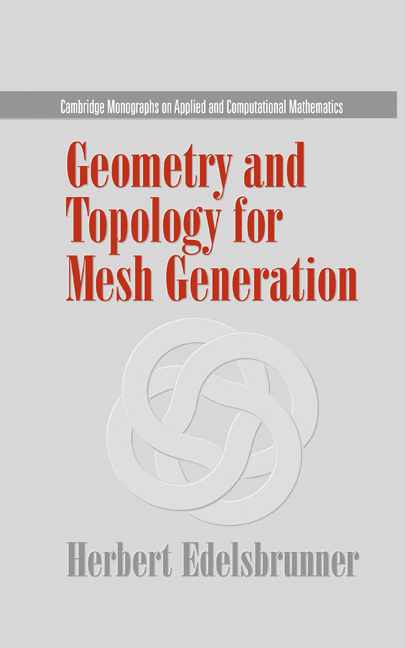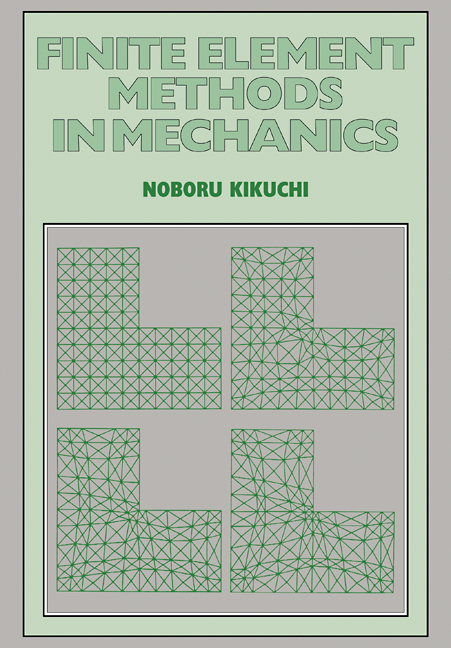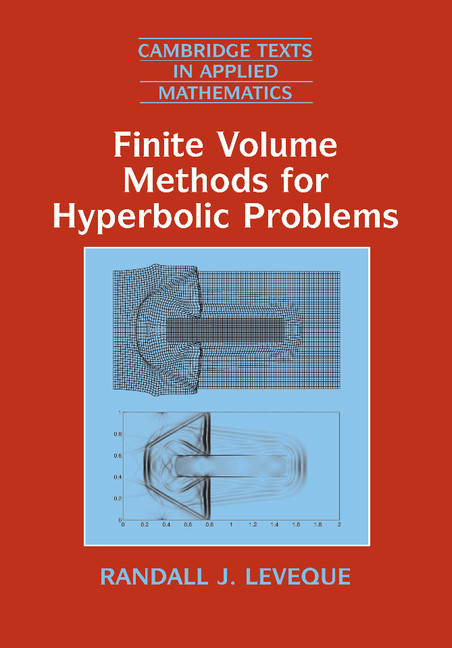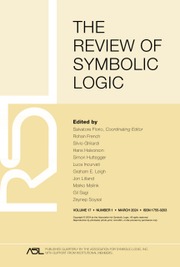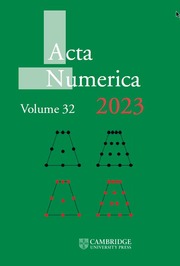Geometry and Topology for Mesh Generation
The book combines topics in mathematics (geometry and topology), computer science (algorithms), and engineering (mesh generation). The motivation for these topics is the difficulty, both conceptually and in the technical execution, of combining elements of combinatorial and of numerical algorithms. Mesh generation is a topic where a meaningful combination of these different approaches to problem solving is inevitable. The book develops methods from both areas that are amenable to combination, and explains breakthrough solutions to meshing that fit into this category. This book emphasizes topics that are elementary, attractive, useful, interesting, and lend themselves to teaching, making it an ideal graduate text for courses on mesh generation.
- Combines topics from mathematics, computer science, and engineering
- Based upon a graduate-level course given at Duke University
- Has wide application in both industry and academia
Reviews & endorsements
' a very readable exposition '.Monatshefte fÜr Mathematik --
Product details
May 2001Hardback
9780521793094
190 pages
236 × 159 × 15 mm
0.45kg
Available
Table of Contents
- 1. Delaunay triangulations
- 2. Triangle meshes
- 3. Combinatorial topology
- 4. Surface simplification
- 5. Delaunay tetrahedrizations
- 6. Tetrahedron meshes
- 7. Open problems.

